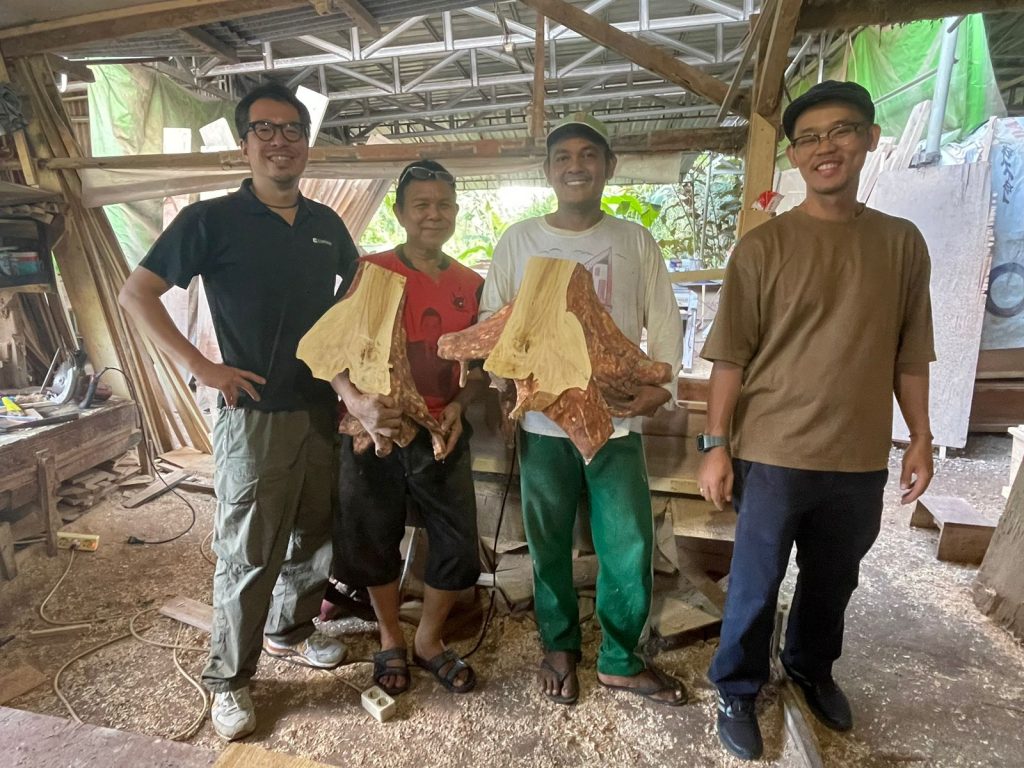Indonesia, renowned for its diverse and rich natural resources, is a leading producer of benzoin, a resin valued for its aromatic and medicinal properties. This resin, harvested from the benzoin tree (Styrax benzoin), has been gaining prominence in international markets, particularly in Japan. Known for its unique fragrance and versatile applications, Indonesian benzoin is making significant inroads into the Japanese market. This article explores the factors driving its growth and the impact it is having on both Indonesian exporters and Japanese consumers.
What is Benzoin?
Benzoin is a resin obtained from the bark of the benzoin tree, primarily found in tropical regions of Southeast Asia, including Indonesia. It has been used for centuries in traditional medicine, perfumery, and incense. The resin is prized for its warm, sweet scent, which has made it a staple ingredient in many high-end fragrances and religious ceremonies. In Japan, benzoin is often used in traditional incense and perfumes, as well as in various health and wellness products.
The Appeal of Indonesian Benzoin in Japan
1. Unique Fragrance Profile
Indonesian benzoin is known for its distinctive, rich aroma, which sets it apart from other resins. The fragrance is characterized by warm, vanilla-like notes with a hint of balsamic sweetness. This unique scent profile has made Indonesian benzoin highly sought after by Japanese perfumers and incense makers, who value its ability to enhance and complement other aromatic ingredients.
2. Traditional Uses and Modern Applications
In Japan, benzoin has a long history of use in traditional incense, often burned during spiritual and meditative practices. Its calming and grounding properties are highly appreciated in Japanese culture. Additionally, modern Japanese consumers are increasingly seeking out natural and high-quality ingredients for their personal care and wellness products. Indonesian benzoin’s natural origins and aromatic qualities align well with these preferences.
3. Sustainable and Ethical Sourcing
Sustainability and ethical sourcing have become important considerations for Japanese consumers and businesses. Indonesian benzoin exporters are increasingly adopting sustainable harvesting practices, ensuring that the resin is obtained without causing harm to the environment or local communities. This commitment to sustainability resonates with Japanese consumers, who are becoming more conscious of the ecological impact of their purchases.
Challenges and Opportunities
1. Market Competition
While the Japanese market presents significant opportunities for Indonesian benzoin, it is also highly competitive. Various countries produce benzoin, and Indonesian exporters must differentiate their products through quality, sustainability, and unique offerings. Building strong relationships with Japanese buyers and emphasizing the distinct characteristics of Indonesian benzoin are crucial for success.
2. Quality Assurance
Maintaining high quality is essential in the Japanese market, where consumers and businesses have high standards. Indonesian benzoin exporters must ensure consistent quality and purity to meet the expectations of Japanese buyers. This may involve investing in quality control processes and certifications that align with international standards.
3. Consumer Education
Educating Japanese consumers about the benefits and uses of Indonesian benzoin can enhance its market appeal. Providing information about the resin’s origins, traditional uses, and health benefits can help build a strong brand presence and foster consumer trust.
Conclusion
Indonesian benzoin is making a significant impact in the Japanese market, driven by its unique fragrance, traditional uses, and commitment to sustainability. As the demand for natural and high-quality ingredients continues to rise, Indonesian exporters have a valuable opportunity to expand their presence in Japan. By focusing on quality, sustainability, and consumer education, Indonesian benzoin can solidify its position as a sought-after product in the Japanese market, contributing to the economic growth of Indonesia and the enrichment of Japanese cultural and consumer experiences.





